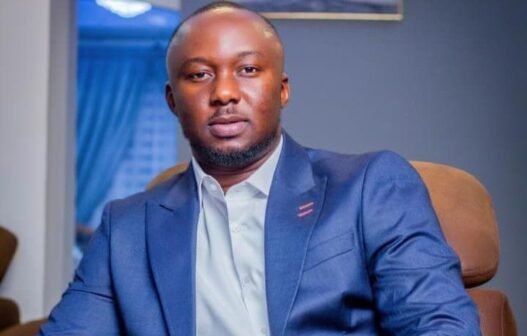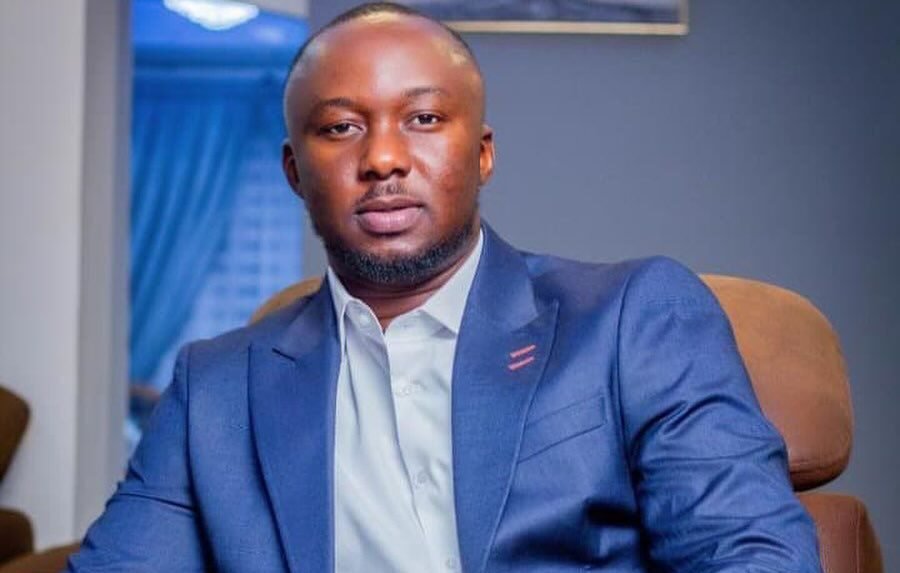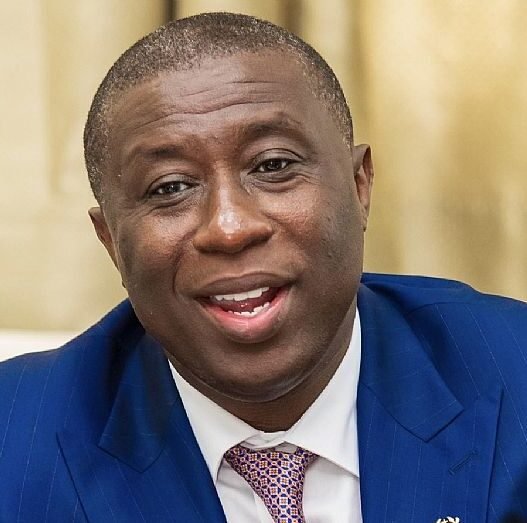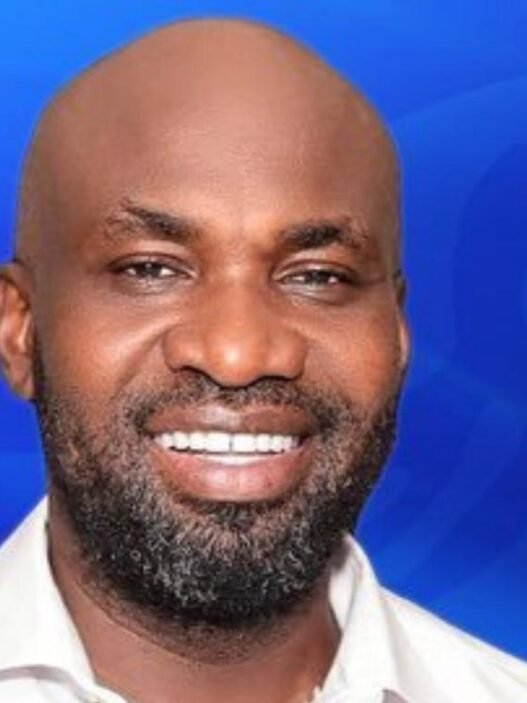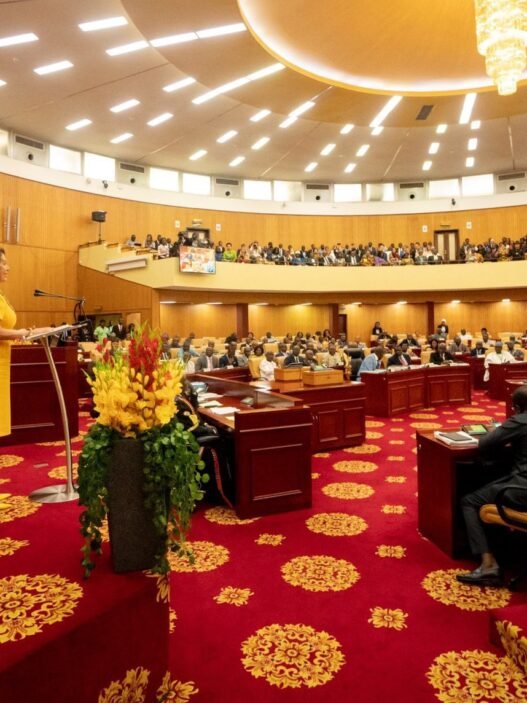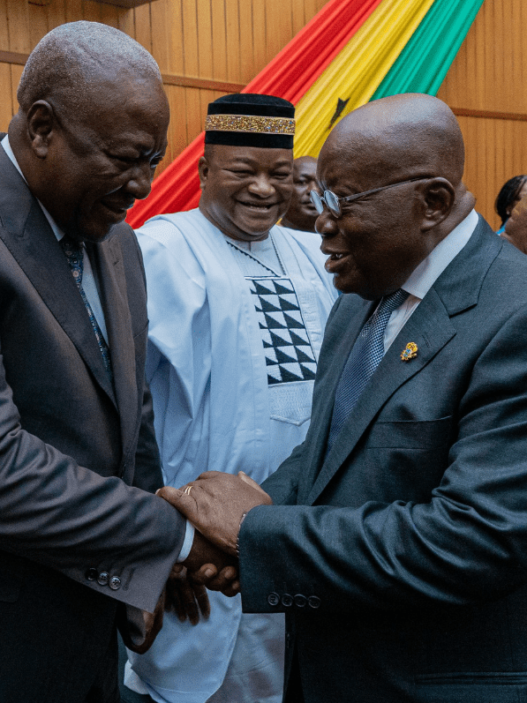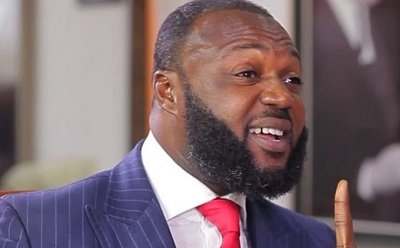The rise of Malik Basintale, a prominent communicator and Deputy Communications Officer of the National Democratic Congress (NDC), has sparked a polarized debate within Ghanaian political circles. To some, he is a freedom fighter who fearlessly champions the cause of the oppressed. To others, his fiery rhetoric and combative style cast him as an anarchist threatening the fabric of political decorum.
This article delves into Basintale’s political journey, analyzes his methods, and explores whether he is an agent of change or a provocateur pushing boundaries too far.
Malik Basintale’s Political Ascent
Malik Basintale has become one of the most recognizable voices of the NDC, known for his assertive critiques of the New Patriotic Party (NPP) and his advocacy for accountability and social justice.
- Youthful Leadership: Representing a new generation of NDC leaders, Basintale resonates with younger voters disenchanted by the political establishment. His rise coincides with the party’s efforts to revitalize its base, particularly after the NDC’s resounding victory in the 2024 general elections.
- Communications Expertise: Basintale’s mastery of political rhetoric has made him a key figure in shaping the NDC’s public image. He is often tasked with defending the party’s policies and attacking the opposition’s shortcomings.
A Freedom Fighter for the People?
Supporters view Basintale as a fearless advocate for truth and justice:
- Critic of Corruption
- Basintale has been a vocal critic of corruption, frequently calling out the NPP for alleged mismanagement and financial impropriety. His critiques of the Agyapa Royalties deal, the PDS scandal, and the rising debt-to-GDP ratio under the Akufo-Addo administration have resonated with many Ghanaians.
- Voice of Accountability
- Basintale’s advocacy for electoral transparency during the 2024 elections helped galvanize support for the NDC. His commitment to exposing alleged voter suppression and irregularities in key constituencies positioned him as a champion of democratic values.
- Engagement with Grassroots Movements
- His involvement in grassroots mobilization has solidified his reputation as a leader who listens to the concerns of ordinary citizens. He is often seen at community forums, articulating the struggles of farmers, traders, and youth facing unemployment.
An Anarchist Pushing Boundaries?
Critics argue that Basintale’s confrontational style and relentless attacks on the NPP border on political provocation:
- Incendiary Rhetoric
- Basintale’s speeches often feature sharp language that some perceive as inflammatory. During the 2024 election campaign, his criticism of the NPP was described by opponents as divisive, fueling political tensions.
- Disregard for Political Decorum
- Basintale has been accused of disregarding the norms of political discourse, opting instead for populist attacks that undermine dialogue. Critics claim his approach prioritizes confrontation over consensus-building.
- Polarization of Public Opinion
- His uncompromising stance has alienated some moderate voters, who view his tactics as contributing to the polarization of Ghana’s political landscape.
Basintale’s Role in Ghana’s Political Future
Whether seen as an anarchist or freedom fighter, Malik Basintale embodies the evolving nature of Ghanaian politics:
- Redefining Opposition: His approach reflects a shift in how opposition parties engage with ruling governments, focusing on direct confrontation and grassroots advocacy.
- Youth Engagement: As a younger politician, Basintale’s influence among Ghana’s youth could shape the country’s political trajectory in the coming decades.
- Accountability vs. Partisanship: While his commitment to holding the government accountable is commendable, Basintale must strike a balance between advocating for change and avoiding unnecessary antagonism.
Conclusion
Malik Basintale is a polarizing figure whose impact on Ghanaian politics cannot be ignored. To his supporters, he is a fearless voice for justice and accountability; to his detractors, he is an agent of division. Regardless of the perspective, his role in challenging the status quo has sparked necessary conversations about governance, transparency, and the responsibilities of political leaders.
Whether history will judge him as an anarchist or a freedom fighter depends on how he navigates the fine line between advocacy and antagonism in the years ahead.









